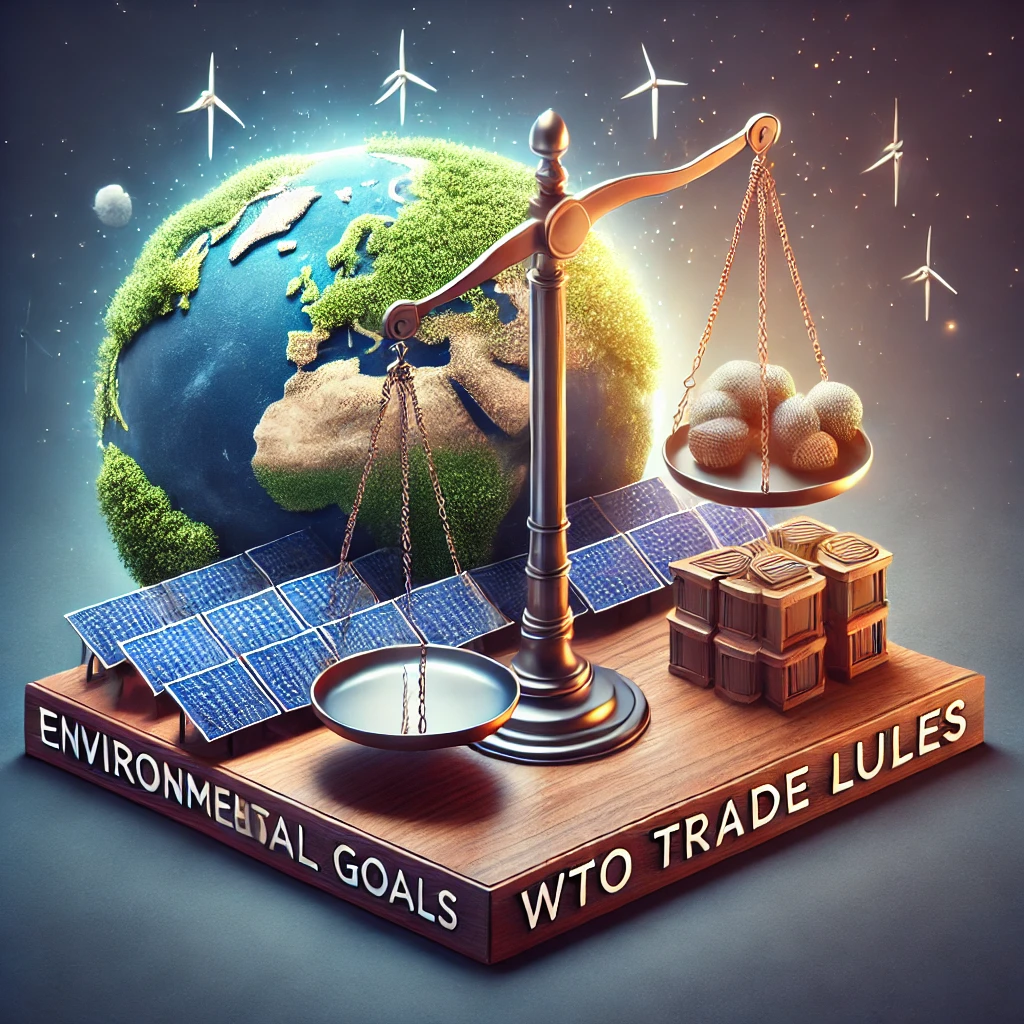
WTO Dispute Panel Rules Against India in Solar Sector Subsidy Case
The World Trade Organization’s Dispute Settlement Body has ruled against India’s domestic content requirements (DCR) for solar energy projects, upholding complaints filed by the European Union and Japan. This ruling puts India’s ambitious renewable energy policy in direct conflict with its international trade obligations.
What Was the Dispute About?
Under its National Solar Mission, India required solar developers to source a significant portion of their equipment from domestic manufacturers to boost local industry. The EU and Japan argued this violated the WTO’s Agreement on Trade-Related Investment Measures (TRIMs), which prohibits conditions that discriminate against foreign products.
India’s Defense
India contended that:
- Energy Security: Developing domestic solar capacity was critical to energy independence.
- Environmental Exception: India invoked Article XX(g) of GATT, claiming its policies were environmental measures exempt from standard trade obligations.
- Developmental Needs: India argued that developing nations should have greater flexibility to protect nascent industries.
WTO Panel’s Verdict
The panel found India’s DCR measures violated its national treatment obligations under GATT. It ruled that environmental exceptions could not justify trade discrimination, especially since foreign products met identical environmental standards.
What This Means for India
This ruling complicates India’s renewable energy ambitions, especially as solar expansion is vital for its climate targets. India must now either:
- Modify its solar policies to comply with WTO rules.
- Explore bilateral trade agreements that shield climate actions from dispute.
- Strengthen domestic manufacturing through incentives, rather than mandatory sourcing.
Broader Implications
The case also raises questions about whether global trade rules need reform to accommodate climate action. India’s loss could spark global calls for a new climate-trade compact, recognizing that sustainability objectives often require local industry support












comments